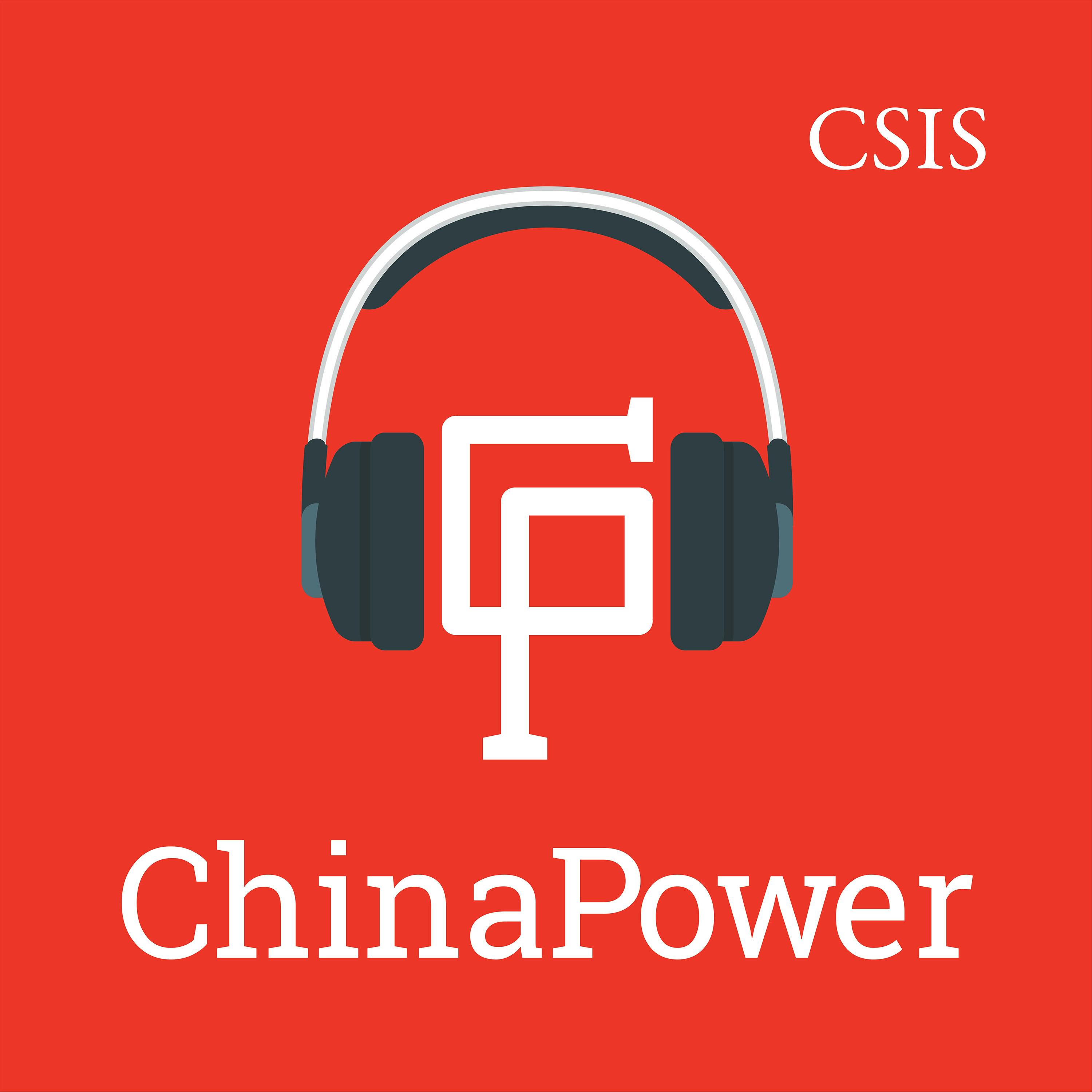China’s Demographic Headwinds: A Conversation with Philip O'Keefe
Description
In this episode of the ChinaPower Podcast, we are joined by Philip O'Keefe to discuss China’s changing demographic composition and challenges the country might face as a result. He explains that China’s falling population and low birth rates are the result of decades of population control measures, including the one-child policy. Mr. O'Keefe describes that, despite the rollback of these kinds of policies and new government incentives to have children, China’s birth rate remains low due to the high cost of child rearing in the country and economic development. Looking forward, Mr. O’Keefe discusses the role that automation might play in alleviating some demographic pressures and mounting health and economic challenges China will face as its population shrinks and ages.
Philip O'Keefe is a professor of practice at the University of New South Wales Sydney Business School and Director of the Ageing Asia Research Hub at the Australian Research Council Centre of Excellence in Population Ageing Research (CEPAR). Prior to joining CEPAR, Philip worked from 1993-2021 at the World Bank in Washington D.C., Beijing, New Delhi, Sydney, and Budapest. He worked in East Asia and Pacific, South Asia, and Eastern Europe and Central Asia regions, most recently as Practice Manager for Social Protection and Jobs for the EAP region.
More Episodes
In this episode of the ChinaPower Podcast, Mr. Rick Waters joins us to discuss what the recent U.S. presidential election results mean for China. Mr. Waters shares that China viewed President Trump’s first term as largely divided into two different phases, a more transactional phase in the first...
Published 11/08/24
Published 11/08/24
In this episode of the ChinaPower Podcast, Mr. Jon Czin joins us to discuss domestic dynamics and leadership decisionmaking within the People’s Republic of China’s (PRC). Mr. Czin discusses what is currently missing in the conversation within the United States on Chinese politics and the fact...
Published 10/31/24


